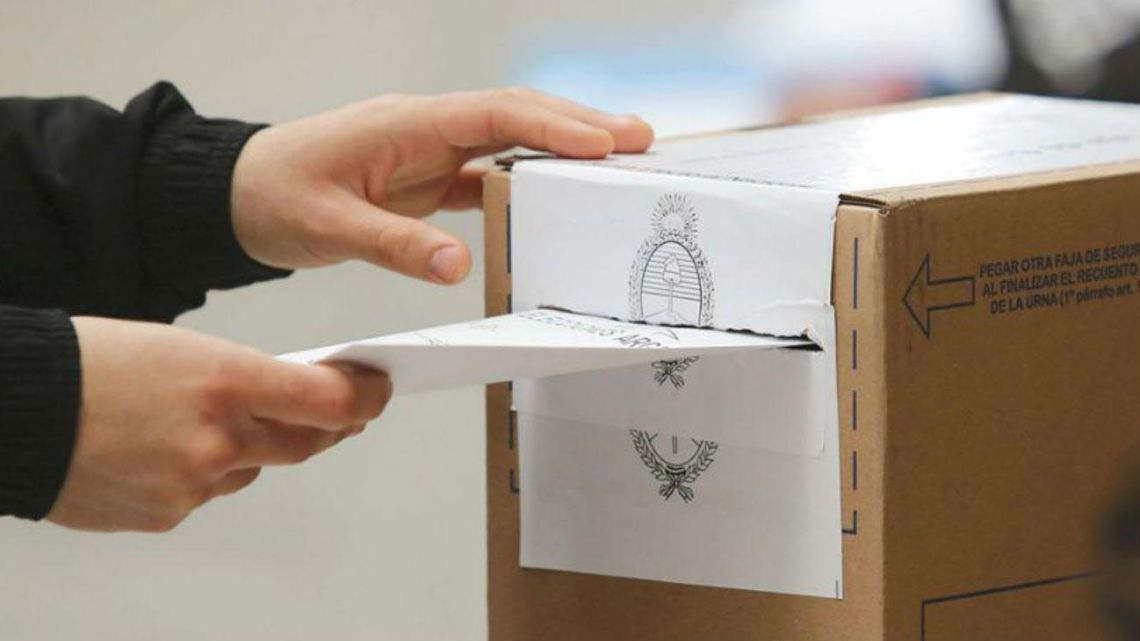carride
Registered
- Joined
- Feb 5, 2013
- Messages
- 757
- Likes
- 736
Key dates of the electoral calendar
– June 24: deadline for presenting the hopefuls for the PASO primaries.
– July 9: start of the media campaign for the PASO primaries.
– July 14: appointment of electoral authorities and publication of the final electoral rolls.
– July 19: ban on any further electoral rallies.
– July 29: making public the location of voting precincts.
– August 11: the close of the PASO campaign and the start of the pre-PASO electoral curfew.
– August 13: the PASO primaries.
– September 2: the start of the campaigning for the general elections.
– September 17: the start of the media campaign.
– September 22: publication of the final electoral rolls.
– September 27: ban on any further electoral rallies.
– October 1: the first presidential debate.;
– October 8: the second presidential debate.
– October 20: : the close of campaigning and the start of the pre-electoral curfew.
– October 22: the general elections.
– November 12: the presidential debate (if there is a second round).
– November 19: presidential run-off, if needed.
– June 24: deadline for presenting the hopefuls for the PASO primaries.
– July 9: start of the media campaign for the PASO primaries.
– July 14: appointment of electoral authorities and publication of the final electoral rolls.
– July 19: ban on any further electoral rallies.
– July 29: making public the location of voting precincts.
– August 11: the close of the PASO campaign and the start of the pre-PASO electoral curfew.
– August 13: the PASO primaries.
– September 2: the start of the campaigning for the general elections.
– September 17: the start of the media campaign.
– September 22: publication of the final electoral rolls.
– September 27: ban on any further electoral rallies.
– October 1: the first presidential debate.;
– October 8: the second presidential debate.
– October 20: : the close of campaigning and the start of the pre-electoral curfew.
– October 22: the general elections.
– November 12: the presidential debate (if there is a second round).
– November 19: presidential run-off, if needed.

